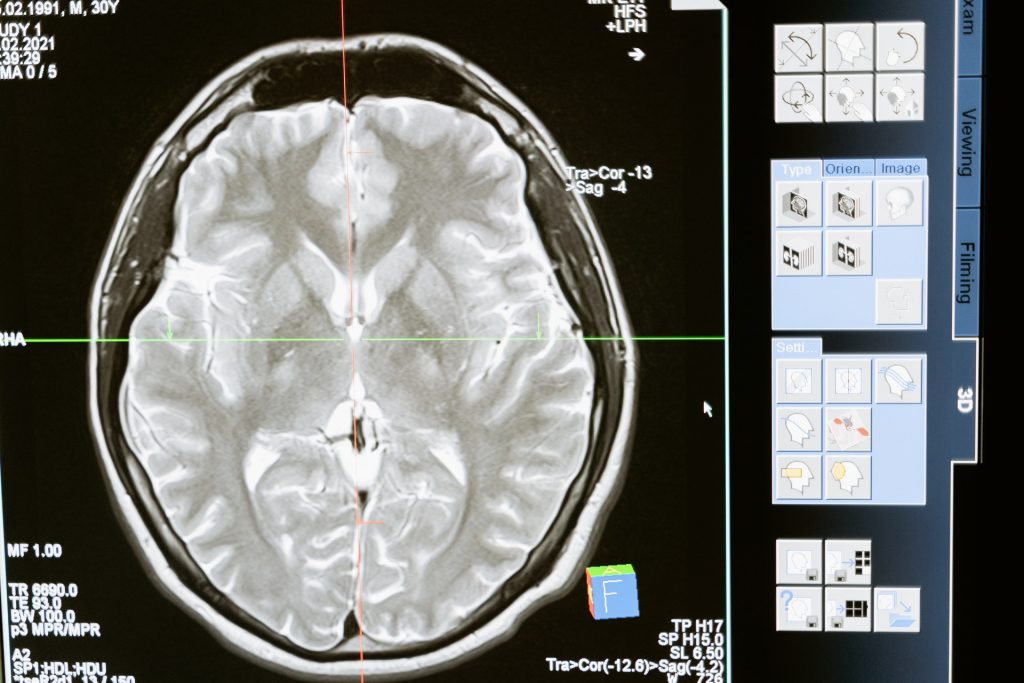Scientists Discover a Difference in Brains of Psychopathic Individuals

Neuroscientists report in the Journal of Psychiatric Research that they have discovered a biological difference between psychopaths and non-psychopaths.
Using magnetic resonance imaging (MRI) scans, they found that a region of the forebrain known as the striatum was on average 10% larger in psychopathic individuals compared to a control group of individuals with low or no psychopathic traits.
Psychopaths, or those with psychopathic traits, are generally defined as individuals that have an egocentric and antisocial personality. It is a neuropsychiatric disorder marked by deficient emotional responses, lack of empathy, and poor behavioural controls, commonly resulting in persistent antisocial deviance and criminal behaviour. Accumulating research suggests that psychopathy follows a developmental trajectory with strong genetic influences, and which precipitates deleterious effects on widespread functional networks, particularly within paralimbic regions of the brain.
The striatum, which is a part of the forebrain, the subcortical region of the brain that contains the entire cerebrum, coordinates multiple aspects of cognition, including both motor and action planning, decision-making, motivation, reinforcement, and reward perception.
Previous studies had indicated an overly active striatum in psychopaths but had not conclusively determined the impact of its size on behaviours. The new study reveals a significant biological difference between people who have psychopathic traits and those who do not.
A better understanding of the role of biology in antisocial and criminal behaviour may help improve existing theories of behaviour, as well as inform policy and treatment.
Source: Nanyang Technical University

